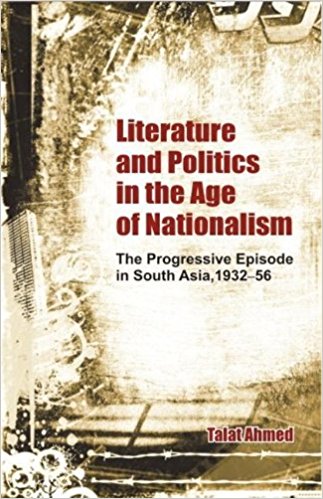This like all books on the Progressive Writers Movement is to be heartily welcomed as an attempt to redress a very serious historical neglect. To subtitle it an episode is however to acknowledge and reinforce the overarching and unquestioned authority of the national question over all other approaches and framings of this period. The progressives can then only be judged as a mere subset or stream within the broad national current, rather than as an emergent force, which they were. Their oppositionality to the national and nationalist consensus can only be treated as a minor aspect of the overall dynamic, something that is eventually swallowed by the national logic as it worked its way through Partition. Ahmeds book suffers from the progressives subordination to the dominant nationalist definition only in a very oblique way.
Being written from a historians perspective, she brings a whole host of material and new informationrecords from Home Political files, Constituent Assembly debates in both India and Pakistan, interviews with surviving members, to give us a distinct and fresh light on the official account. But her tone and conclusions do not add up. The historians pen is unable to flesh out the nuances and intricacies of the literary, inserted only for their contextual value. For instance, Ahmed begins her history with what is seen as an apt epigraph from Edward Said: Real intellectuals are never more themselves than when, moved by metaphysical passion and disinterested principles of justice and truth; they denounce corruption, defend the weak, defy imperfect or oppressive authority.

